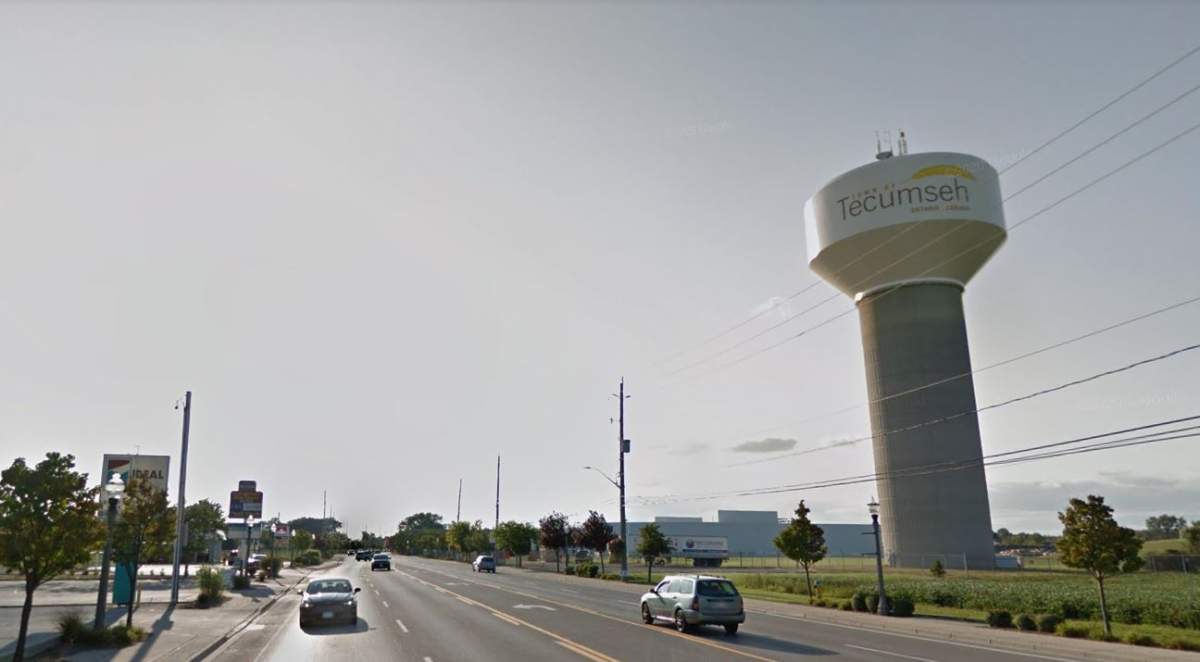The Windsor-Essex County Health Unit confirmed that a coronavirus “variant of concern” has been detected in the community.

WECHU medical officer of health Dr. Wajid Ahmed says it’s not yet clear if the case involves the B.1.1.7. variant, which was first discovered in the U.K.; the N501Y.V2 variant, which was first discovered in South Africa; or “any other variant.”
“Once we receive the results of full genomic sequencing, we will be able to share” what variant it is, Ahmed explained on Thursday, adding that it could take up to a week or two to get the results.
Dr. Wassim Saad, chief of staff of Windsor Regional Hospital, told Global News that the case involves a woman with no known link to international travel.
“This is concerning since we know these variants are transmitted much more efficiently and can take a foothold in a community very quickly. Modelling projections show that variants could be the dominant strain of COVID in North America by the spring if left unchecked,” he said.
“I had suspected we were dealing with a variant for some time here in Windsor-Essex based on our doubling rates but after the lockdown, numbers dramatically dropped which is good in the sense that it shows that the mechanism of transmission is still the same and can be mitigated with public health measures.”
The health unit says the variant was detected Wednesday and the team “worked diligently” to trace all contacts and provide them with “instructions to isolate and/or test depending on the investigation.”

Get weekly health news
Ahmed also confirmed that the person with the variant went to the Zehrs grocery store in Tecumseh, just east of Windsor, last week while they were infectious, though he says they were not symptomatic at the time.
“Our team will provide additional instructions based on the case investigation.”
Global News reached out to Loblaws Inc. for comment but had yet to hear back by publication time.

During a media briefing Thursday morning, Ahmed suggested it was only a matter of time until a variant case was detected in the region.
“The key is: what are we doing about it and how quickly we can act on it,” he said.
“We have a relatively stable case count so we can act quickly. The requirement for the identification of close contact and the actions that we need to take is at a much higher level compared to what we normally do with the other cases. The definition of close contact is different than what we see with the rest of the cases.”
Ahmed said that WECHU currently has the capacity to handle the increased workload.
“So right now, it’s a community case. It’s not linked with any high-risk location, such as a long-term care home or retirement home, thank God. And we want to make sure that it stays that way.”
The Ministry of Health directed questions to the local public health unit.
Earlier this week, the Ontario government announced details of its phased reopening plan, which included an “emergency brake” mechanism in response to the discovery of more transmissible COVID-19 variants.
The emergency brake allows Chief Medical Officer of Health Dr. David Williams to enact immediate action if a health unit sees a spike in transmission and/or their hospitals become overwhelmed, moving them immediately back to the Grey-Lockdown zone.
–With files from Global News’ Jessica Patton









Comments